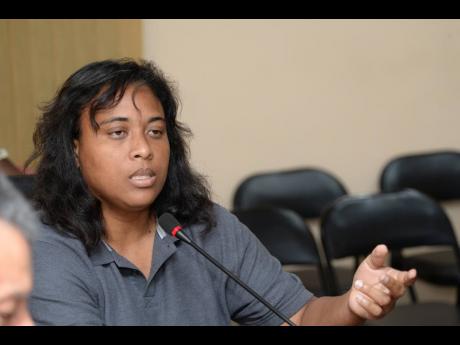More people seeking free meals
Wendy Freckleton, chairman of Candle in the Dark, a shelter in Mandeville, said that the shelter has seen more persons seeking food and accommodation since the coronavirus pandemic arrived on Jamaica's shores in March.
"I'm not seeing a reduction in people coming into the shelter. I would say that there is more of a shift. We don't see some of the people who are from the parish, but we see a lot of people from out of town," Freckleton said.
She holds that the pandemic is actually worsening the country's poverty situation. Prior to COVID-19, Jamaica was enjoying its best poverty rates. The country's poverty rate declined by 40 per cent in 2018. This is the lowest rate of poverty since 2008.
But with the recently released poverty data coming out at a time that the country is going through severe economic hardship, brought on by COVID-19, Freckleton said that the realities on the ground are different to two years ago.
Poverty On The Rise
"When you really look on the community, I would say poverty has increased especially with the pandemic. A lot of people have lost their jobs ... and we have had one of such persons who came to the shelter recently," Freckleton told THE WEEKEND STAR
It has been business as usual for the shelter which is a home for mostly 'middle-aged' persons between ages 30 and 58.
"We provide food, cooked meals, people can come and get a shower and clothing. We also provide shelter for them ... night shelter for those who just want to stay overnight and long-term shelter. We take people from off the street and take them here, and cut their hair, shave them and give them change of clothing, and they get a meal. That is every third Thursday of each month," she said.
Meanwhile, Paulette Wheeler, operations manager at the Ebenezer Rehabilitation Centre, says the number of persons being taken into the centre hasn't changed.
"We have drop-ins ... some would just drop by to have a change of clothes or a shower. I would say within this period, we haven't seen a decrease. The numbers have been pretty steady. There is no increase or decrease," she related.
The centre, which now houses 20 men, rehabilitates 'clients' and sends them back into society. This may happen between six months to three years.
"All of them have come from the streets," Wheeler said.





































